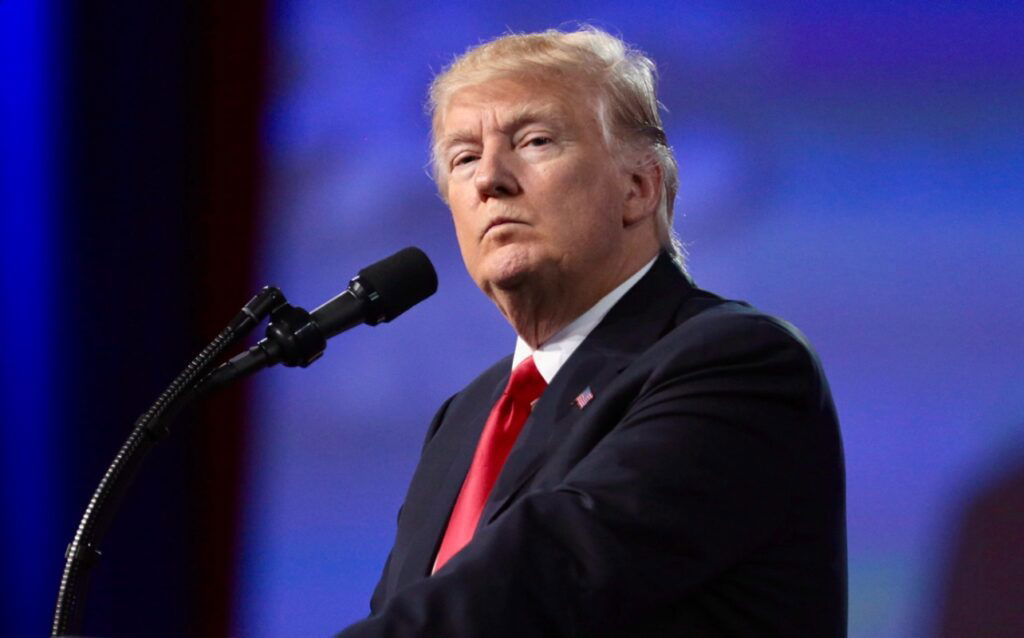The 15% Tax Rate

So we learned last week that the Republican front runner Mitt Romney pays an effective Federal tax rate of about 15%. And guess what? So do the Gotham Gal and I.
That's because the vast majority of Mitt Romney's income comes from capital gains on investments and the same is true of my family's income.
There is a difference between Romney's capital gains and mine. I suspect that his capital gains are mainly real gains on investments he made with his own money. Mine are mostly capital gains our firm has made with other people's money. This is the carried interest capital gains discussion. I've been loud and clear that I don't agree with the current policy on carried interest taxation and I hope that the law is changed on carried interest. It will cost our family a lot of money in increased taxes but it is the right thing to do.
But there is a bigger issue here and that is whether it is good policy for someone of Mitt Romney's or my wealth to pay a lower tax rate than the average hard working american citizen. The theory in taxing capital gains at a lower rate than ordinary income is that the wealth that was invested that produced the capital gains has already been taxed once when it was earned. And it is also believed that a lower tax rate on risky investments vs safe investments (like bank deposits) provides an incentive to make those kinds of investments. I've long been a fan of these arguments and have supported the idea of a lower capital gains tax rate.
But I am bothered by the unfairness of the situation. When I get a big distribution from our funds, I always ask my accountants how much of the distribution I should set aside for federal, state, and local taxes. The answer is usually something like 28% (the difference between 28% and 15% is the state and local taxes). And then I often think of my two brothers who probably pay 40-50% of their income each year in federal, state, and local taxes. It just seems so unfair.
And so lately I've been more and more attracted to the idea of a flat tax where everyone pays the same tax rate on income above a minimum amount. In this model, we would eliminate all tax deductions; for mortgages, charitable giving, for medical expenses, etc. There would be no difference in tax rates for ordinary income vs other forms of income (ie capital gains).
If we did that maybe everyone could pay a 15% tax rate like Mitt Romney and our family does. We would have a fair tax system.
I've heard a number of arguments over the years against a flat tax. One is that a flat tax is regressive meaning that it penalizes lower income earners by taxing them at the same rate as higher earners. But I think we are all coming to realize that the current system may be even more regressive since most wealthy people find ways to pay lower tax rates.
Another argument against the flat tax is that eliminating deductions will cause massive disruption in markets and society. There will no longer be an incentive to own a home vs renting one. There will no longer be an incentive to make charitable deductions. The list goes on and on because our current tax system is chock full of such incentives. I think it would be good long term policy to eliminate all of these incentives and just let the markets work without tax incentives but clearly deductions would need to be phased out over a long time period to reduce the severity of the shocks that eliminating deductions would create.
The President's "Bipartisan Commision On Deficit Reduction" made a lot of noise over a flat tax. And many of the current Republican presidential candidates are in favor of a flat tax. It seems like we may have reached a point in our political discussion where we can seriously consider a flat tax. I would be excited to see that happen.










